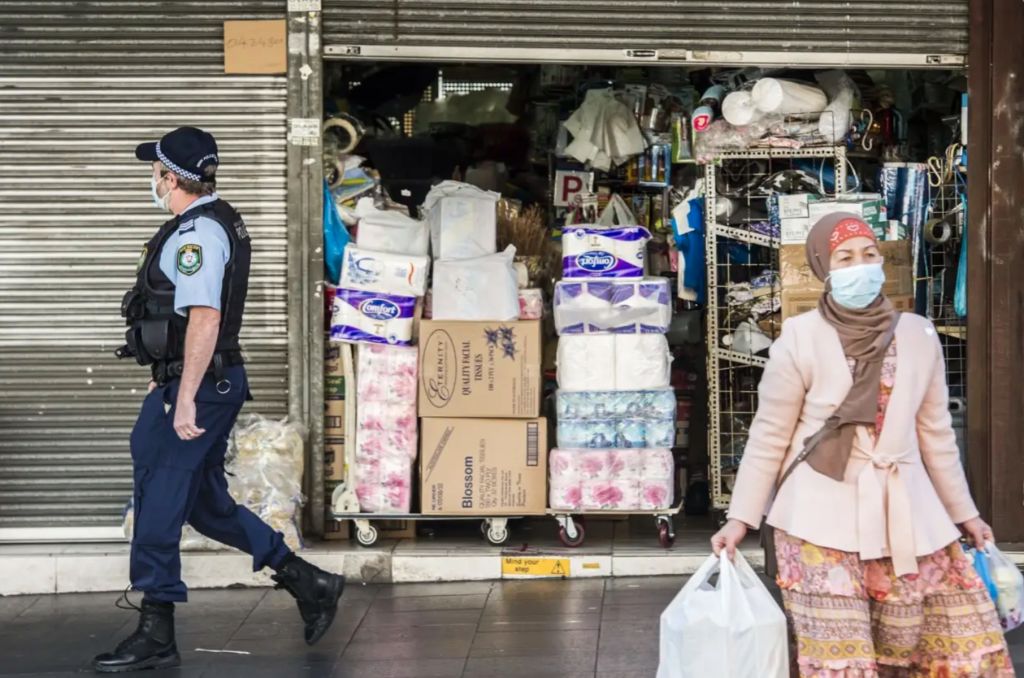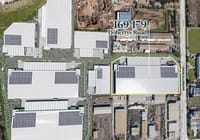
Landlords slam NSW government rent relief move
Commercial landlords in NSW are now required by law to provide rental relief to tenants with annual turnover of up to $50 million following a legislative overhaul pushed through by the state government late last week.
The move, announced at 6pm on Friday, has been attacked by retail and commercial property industry groups angry at government meddling in an issue they say was under control.
Much of their ire is directed at the turnover limit of $50 million, which shocked landlords and also surprised tenant lobby groups.
“It is unfathomable why this policy applies to businesses with a turnover up to $50 million,” said Luke Achterstraat, NSW executive director of the Property Council of Australia (PCA).
“Both the banks and the Retailers Association have recognised that support should be targeted to genuine small businesses with a turnover up to $5 million.”
Angus Nardi, executive director of the Shopping Centre Council of Australia, said it makes no sense.
“We think it’s bad policy, badly made,” Mr Nardi said.
“We were pushing for a $5 million turnover threshold and our members [are] already supporting genuine SMEs that are doing it tough.
“We’re pretty shocked that the government went with the $50 million threshold.”
Previously, under the Retail and Other Commercial Leases (COVID-19) Regulation 2021, which was due to expire on August 20, NSW landlords had to attempt mediation before locking out or evicting tenants.
Under the amended regulation, which runs through to January 13 and was signed off by the NSW Governor Margaret Beazley late Friday afternoon, rent negotiations must adhere to National Cabinet’s Code of Conduct for Commercial Leasing
Minister for Finance and Small Business Damien Tudehope said landlords must now give tenants rental relief equal to their decline in turnover and at least half “must be in the form of a waiver, and the balance a deferral”.
“We have always encouraged landlords and tenants to negotiate but now we are going one step further by mandating the minimum relief that landlords need to provide impacted tenants,” Mr Tudehope said.
“The government has not taken this step lightly but we saw last year that the framework set down by the national cabinet brought tenants and landlords to the table to work out a way forward.”
It is also establishing a $40 million Hardship Fund that will provide monthly grants of up to $3000 for small commercial and retail landlords that qualify.
Eligible commercial landowners are able to apply for up to 100 per cent of their land tax liability for 2021. To be eligible, the landowner must have reduced rent for the affected tenant by at least the amount being claimed for any period between July 1 and December 31 this year.
Australian Retailers Association chief executive Paul Zahra welcomed the return of rules that were deployed during the first iteration of COVID-19 and ran through to the end of March.
“Rents are the biggest issue for retailers suffering the current lockdown in NSW, and many are scrambling trying to keep their businesses alive with mounting costs and little or no money,” Mr Zahra said.
“Businesses in NSW are feeling the pain now more than at any stage of the pandemic, with Australia’s economic capital facing its longest ever lockdown.”
National Retail Association chief executive Dominique Lamb also supported the move.
“Many businesses in NSW are close to breaking point, this decision to reintroduce the leasing code will at least provide hope to those struggling,” Ms Lamb said.
The PCA’s Mr Achterstraat said the code should not extend past the current lockdown.
“Going forward, governments will have to wean themselves off intervening in contracts, hurting commercial relationships,” he said.
“This type of government intervention in commercial contracts must never happen again. Where governments intervene, governments will have to pay.”










